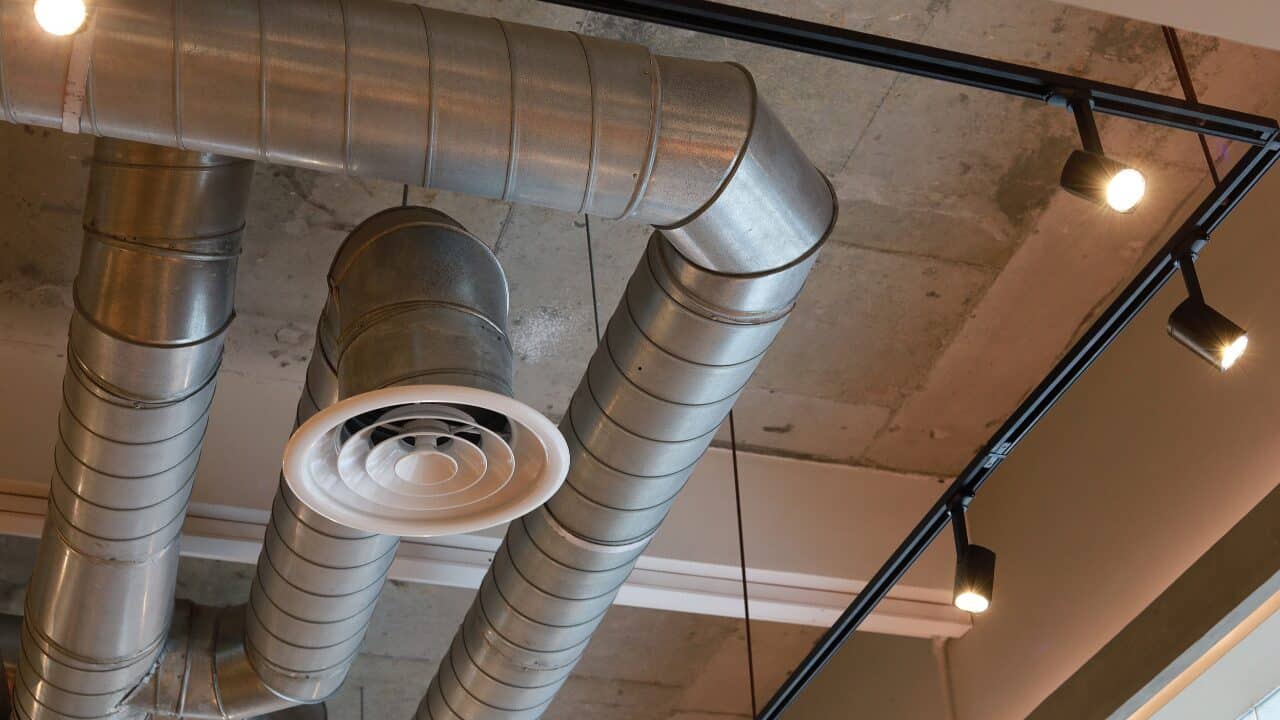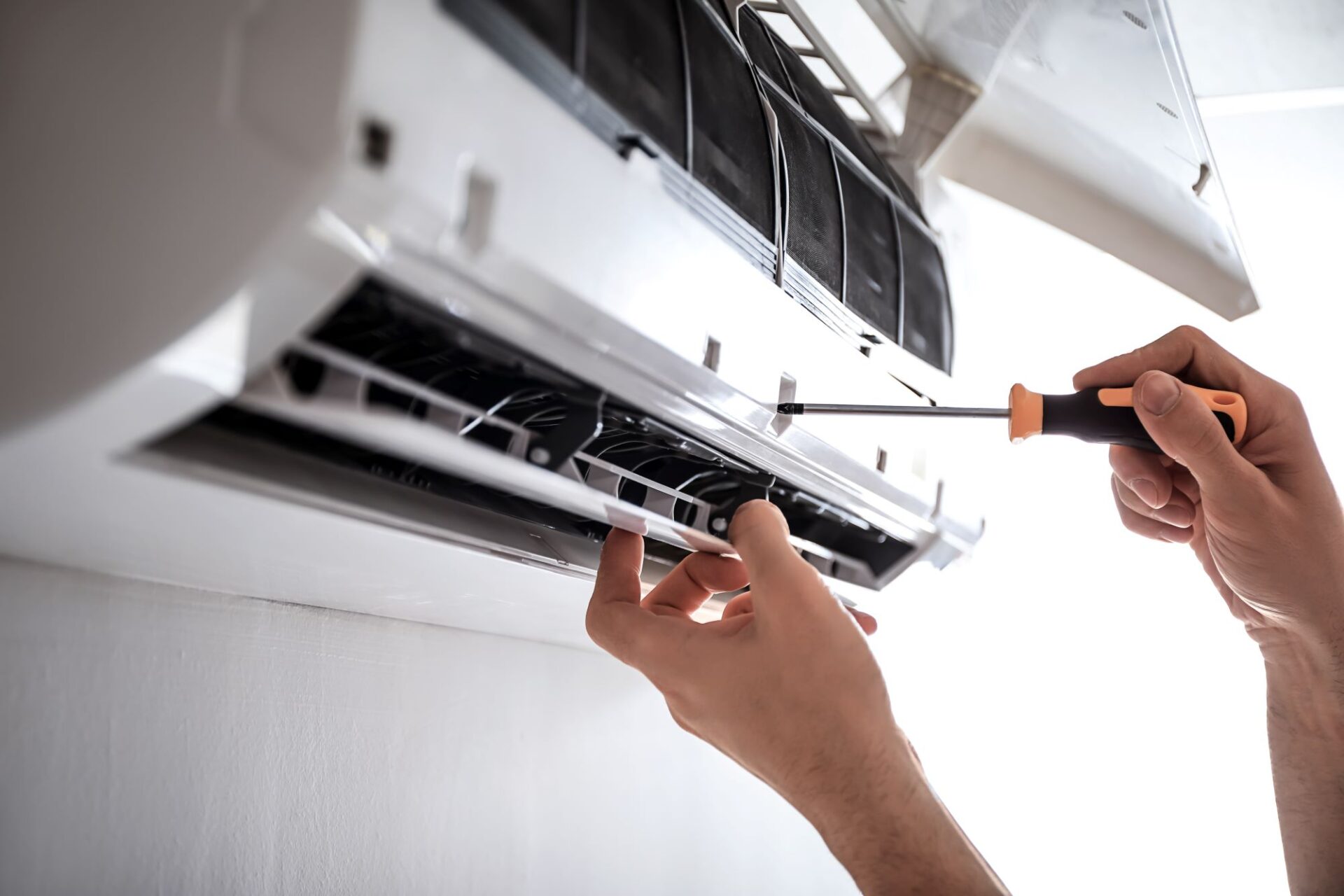If you want to keep your home comfortable, having a reliable source of hot water is essential. Whether you’re taking a soothing shower or doing dishes, a well-functioning water heater ensures you have access to hot water when you need it.
But some troubles can happen. In such cases, you definitely need a professional. For example, when it comes to water heater installation San Jose residents trust, Fuse Service is here to help. Therefore, do not hesitate to reach out to professionals to ensure that your air conditioning system is taken care of by capable hands.
In this comprehensive guide, we will explore the world of water heater installation. We will cover various types of heaters, important considerations before installation, the process of the installation itself, the advantages of upgrading your heater, common troubleshooting issues, and regular maintenance tips. So, let’s dive in and ensure you have a reliable supply of hot water in your home.
Table of Contents
Types of Water Heaters
To begin the installation process, it is crucial to first familiarize yourself with the various types of heaters that are available:
Conventional Tank Water Heaters
Traditional tank heaters work by storing and heating a significant amount of water in a tank, guaranteeing a continuous and readily available supply of hot water.
Tankless Water Heaters
Tankless heaters are designed to heat water as you need it, eliminating the need for a bulky storage tank and ensuring hot water whenever you need it.
Heat Pump Water Heaters
Heat pump heaters are a great choice for energy efficiency. These systems use electricity to transfer heat from the air or ground to heat water, resulting in more efficient heating.
Solar Water Heaters
Solar heaters use the power of the sun to heat water, helping to lower energy costs and minimize environmental harm.
Factors to Consider Before Installation
Size and Capacity
Selecting the appropriately sized heater for your household’s hot water requirements is essential in order to ensure efficiency.
Energy Efficiency
To reduce both utility bills and environmental impact, it’s important to consider the energy efficiency rating of your heater.
Fuel Source
When choosing a heater, it’s important to consider the fuel source that best fits your needs and availability. Options include electricity, gas, or solar power.
Installation Location
When installing your heater, it’s vital to carefully choose the most suitable location that not only prioritizes safety but also adheres to local regulations.
Water Heater Installation Process
Step 1 – Preparation
Before installing, make sure the site has adequate ventilation and clearance. Additionally, remember to switch off the electricity or gas supply.
Step 2 – Removal of Old Unit
When replacing an old unit, be sure to disconnect and remove it carefully, while following the necessary safety guidelines.
Step 3 – Installation
To install the new heater, simply follow the instructions provided by the manufacturer. Connect it to both the plumbing system and power source as directed.
Step 4 – Testing
After installation, test the heater to ensure it functions correctly and there are no leaks.
Benefits of Upgrading Your Water Heater
Upgrading your heater comes with several advantages:
- Energy Savings
Modern heaters are more energy-efficient, reducing your utility bills.
- Reliable Hot Water
Enjoy a consistent supply of hot water, even during peak usage times.
- Environmental Benefits
Reduce your carbon footprint by choosing an eco-friendly heater.
Troubleshooting Common Water Heater Issues
- No Hot Water
Learn how to address the issue of not getting hot water from your heater.
- Strange Noises
Discover the causes and solutions for unusual noises coming from your heater.
- Leaks
Find out how to identify and fix leaks in your heater system.
Regular Maintenance Tips
Flushing the Tank
Learn the importance of periodically flushing your heater tank to remove sediment buildup.
Anode Rod Inspection
Understand how inspecting and replacing the anode rod can extend your water heater’s lifespan.
Temperature Adjustment
Learn how to adjust your heater’s temperature for optimal comfort and efficiency.
Conclusion
Having a dependable hot water system is vital for the comfort and functionality of your home. To ensure a consistent supply of hot water, it’s important to have knowledge about the different types of heaters, consider essential factors before installation, follow the proper installation process, and perform regular maintenance. This comprehensive approach will guarantee that you always have access to hot water in your home.





